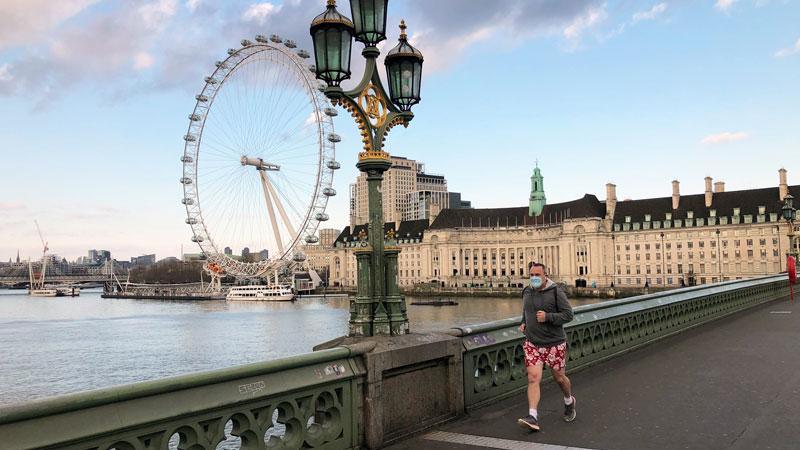Vivek Sunnassee, Senior Lecturer in the Westminster Business School, is part of the international research team, including academics from the University of Westminster, the University of Mauritius and three universities in China, who has recently published a research paper titled Rethinking Lockdown Policies in the Pre-Vaccine Era of COVID-19: A Configurational Perspective in the International Journal of Environmental Research and Public Health.

The study analysed the main eight lockdown measures, namely school closures, workplace closures, cancellation of public events, restrictions on gathering sizes, public transport closures, stay-at-home requirements, restrictions on internal movement, and restrictions on international travel. The data used for the analysis covers a representative sample of 84 countries from Africa, Asia, Europe, North America, South America and Oceania.
The study provides valuable insights into the effectiveness of various lockdown policies and highlights that the impact of lockdown policies on containment of a pandemic is determined not only by specific measures but also by their combined effects. The findings can inform anti-COVID policymaking and may serve as a foundation to mitigate future epidemics and pandemics. As Senior Lecturer at Westminster Business School, Vivek Sunnassee’s research is mainly on public trust in institutions, sustainable development goals, governance and corporate social responsibility, with a particular focus on multidisciplinary themes.
Vivek Sunnassee said: “This research can provide a crucial insight into how we can mitigate the impact of COVID in the future and I am in no doubt we will need this insight. The virus is still omnipresent even in countries with high levels of vaccination, largely due to new strains. According to the Office for National Statistics, an estimated 2.7 million people in the UK had the virus in early July, that’s one in 25. The ongoing impact of the virus can be profound as exemplified by recent flight cancellations due to job cuts in the airline industry at the height of the pandemic and COVID-related absences, and staff shortages have also arisen in the hospitality industry.”
Robin Nunkoo, Westminster alumnus and Associate Professor at the University of Mauritius who received the Clarivate ‘Highly Cited Researcher 2021’ award and co-authored the article, said: “Most South East Asian countries were better at controlling transmission of the virus due to their previous experience with the SARS virus and their citizens’ intuitive use of face coverings during epidemics. Research is therefore also needed on the interactive influences of lockdown measures, softer measures, socio-cultural contexts, and responses of the public.”
The University’s research addresses truly global themes, contributing to the solution of real-world problems and enhancing and enriching economic, health, social and cultural life. Learn more about Global research at the University of Westminster.


